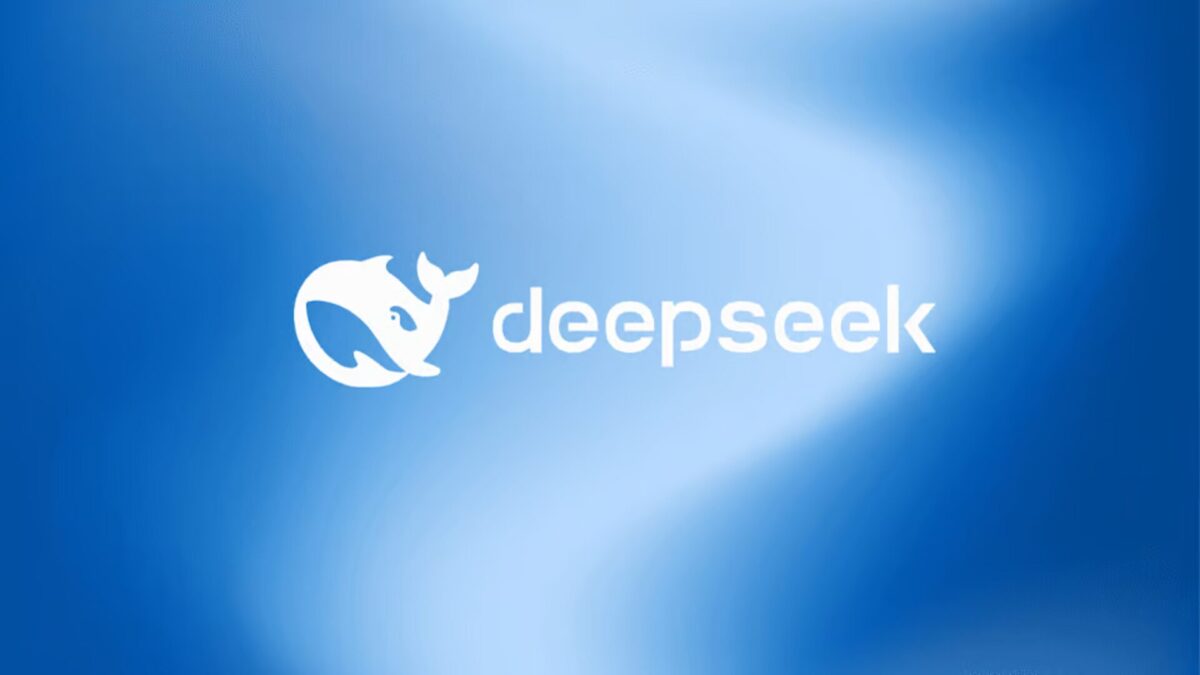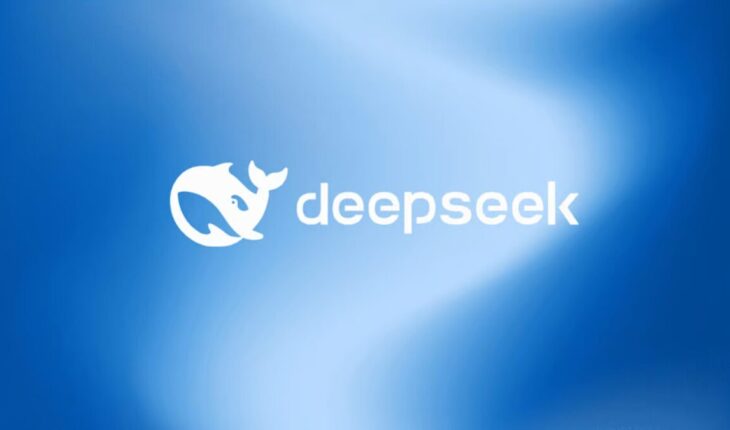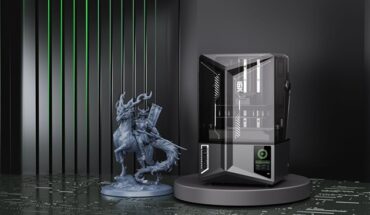
Recent reports have cast doubt on DeepSeek’s assertion that it trained its R1 AI model for just $6 million. An analysis by SemiAnalysis, highlighted by Windows Central, suggests that the Chinese AI startup may have invested approximately $1.6 billion in hardware, including the acquisition of 50,000 NVIDIA Hopper GPUs, to develop its advanced AI capabilities. Additionally, the company reportedly incurred up to $944 million in operating expenses.
DeepSeek’s R1 model has garnered attention for its impressive performance across various benchmarks, including coding, science, and mathematics, often surpassing proprietary models like OpenAI‘s o1 reasoning model. The company’s claim of achieving such advancements with minimal investment had positioned it as a disruptive force in the AI industry.
However, the revelation of substantial spending raises questions about the previously touted cost-efficiency of DeepSeek’s AI development. The significant investment in hardware and operations suggests that the company’s achievements may be more aligned with traditional high-capital approaches in the AI sector.
Industry leaders have taken note of DeepSeek’s rapid ascent. Microsoft CEO Satya Nadella described the R1 model as “super impressive,” emphasizing the need to take developments from China seriously. Conversely, Meta’s lead AI scientist, Yann LeCun, pointed out misunderstandings regarding the allocation of billion-dollar investments in AI, clarifying that such funds are often dedicated to inference rather than training.
DeepSeek’s emergence has had notable market implications, contributing to a significant decline in NVIDIA’s market valuation. The startup’s approach, focusing on efficiency and algorithmic enhancements while avoiding external interference, contrasts with the rapid scaling strategies of some U.S.-based AI firms.
As the AI industry continues to evolve, DeepSeek’s journey underscores the complexities and substantial investments involved in developing cutting-edge AI technologies. The company’s experience highlights the challenges and resources required to achieve significant advancements in the field.
Advertisement





